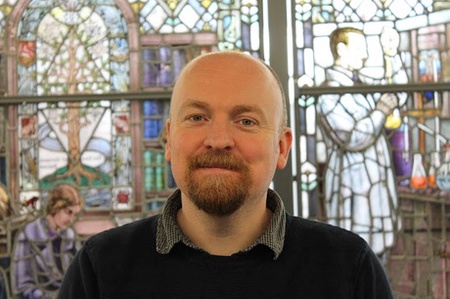A new article from an Aberdeen academic looking at the myths and misconceptions around the human microbiome has been published in Nature Microbiology.
Dr Alan Walker, from the University of Aberdeen’s Rowett Institute and Professor Lesley Hoyles from Nottingham Trent University co-authored the piece, highlighting 12 illustrative examples of myths or misconceptions prevalent in the human microbiome literature.
The myths include the idea that the research field is new, when the first research into human-associated microorganisms actually occurred hundreds of years ago. The authors also highlight the oft-repeated statement that “the microbiota outnumbers human cells by 10:1”, which others have shown to have originated from a 'back of the envelope' calculation in the 1970s, when in fact the ratio is closer to 1:1. They note other beliefs that have potentially more serious implications for future research, including the unsupported idea that we are unable to grow most of our gut microorganisms in the lab, and uncritical repetition of preliminary microbiota-disease associations that have not been subsequently replicated in follow up studies. They also call for increased nuance when describing the complex human microbiota and its activities.
Read Dr Walker’s Perspective article.


